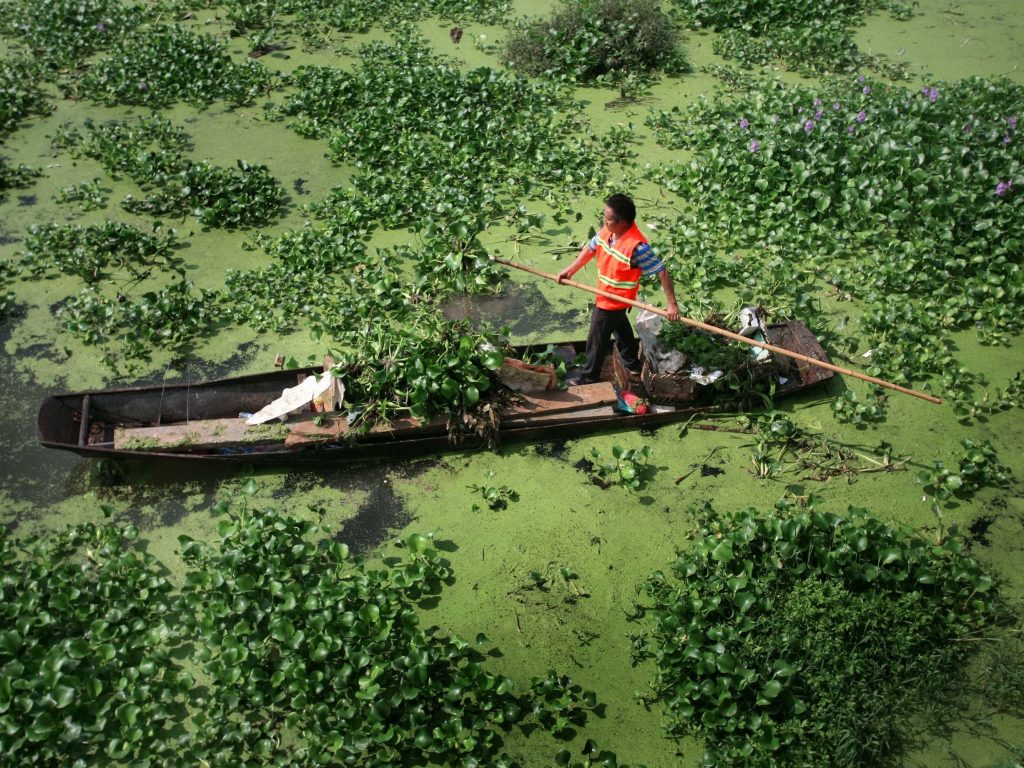
Close


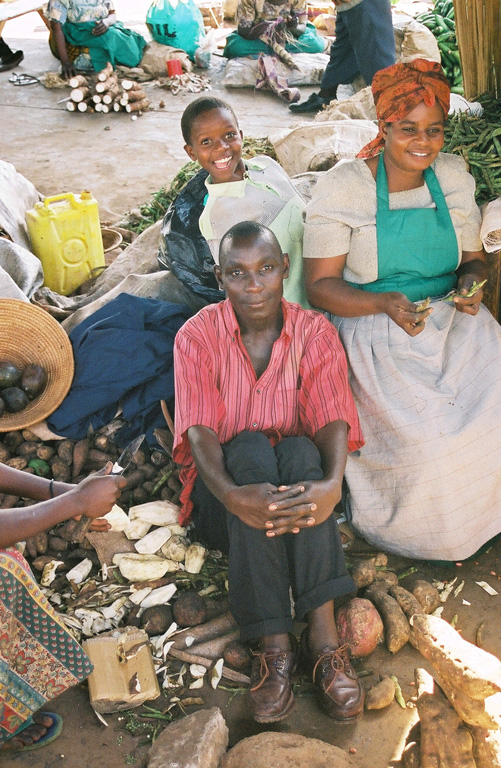
The economy is mostly agriculture and accounts for about four fifths of the workforce. Uganda’s mild climate is particularly favourable for raising both livestock and crops.
As has happened in most African countries, economic development and modernization are formidable challenges, hampered by political instability in the country. To remedy the damage done to the economy by the governments of Idi Amin and Milton Obote, foreign investment in agriculture and major industries are being encouraged, mainly from Western countries and older Asians.
The 1991 Investment Code provided tax and other incentives for domestic and foreign investors and established the Uganda Investment Authority, which made it easier for potential investors to obtain permits and investment approval.
(Economy of Uganda, n. d.)
Uganda’s economy improved rapidly in the 1990s and early 2000s, and Uganda was praised for its economic stability and strong growth. It is one of the few African countries to receive praise from the World Bank, the International Monetary Fund, and the financial community for its government’s privatization and its privatization policies, alongside monetary reform.
Uganda has been particularly successful in applying for international loans and grants. In 1997, the country was selected as one of the few countries to receive debt relief, thanks to the successful implementation of rigorous economic reform projects, and has continued to qualify for substantial debt relief ever since. This has allowed Uganda to focus on reducing poverty and expanding resource extraction, industry, and tourism.
(Economy of Uganda, n. d.)
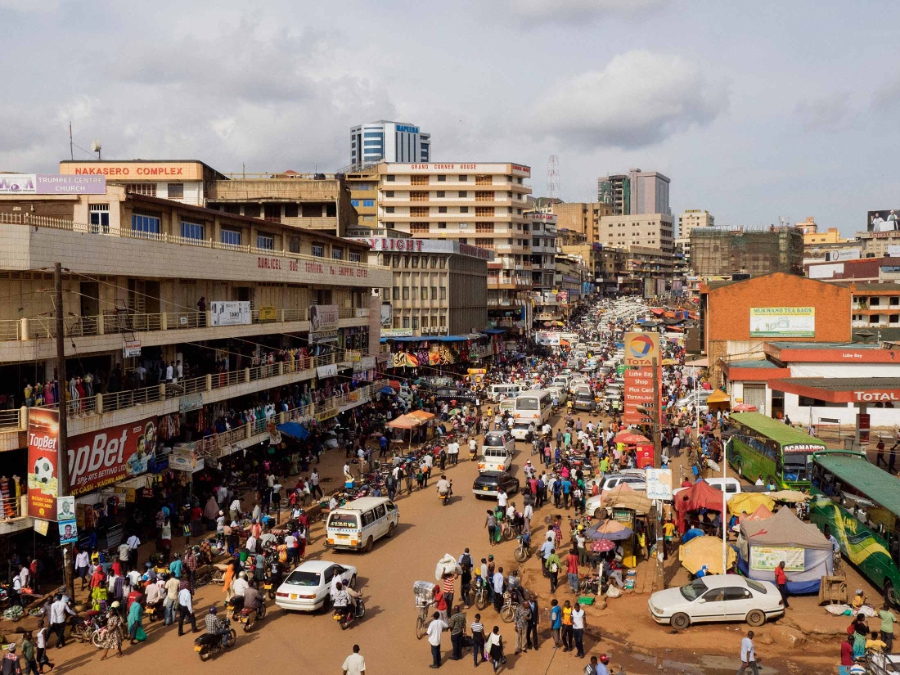
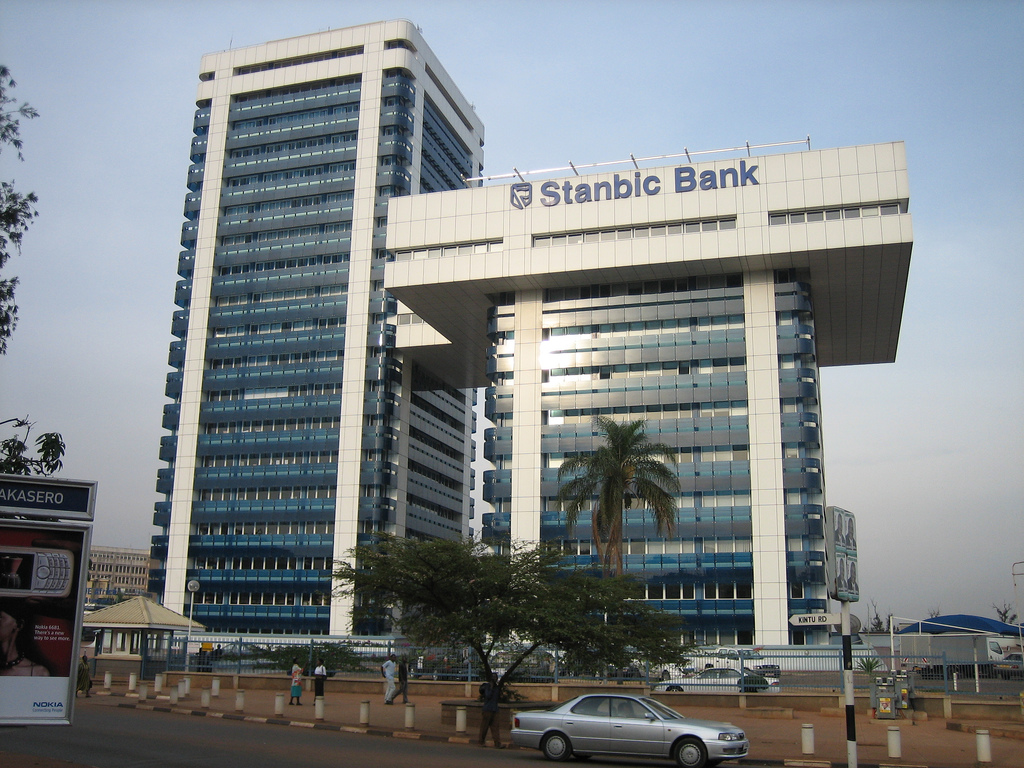
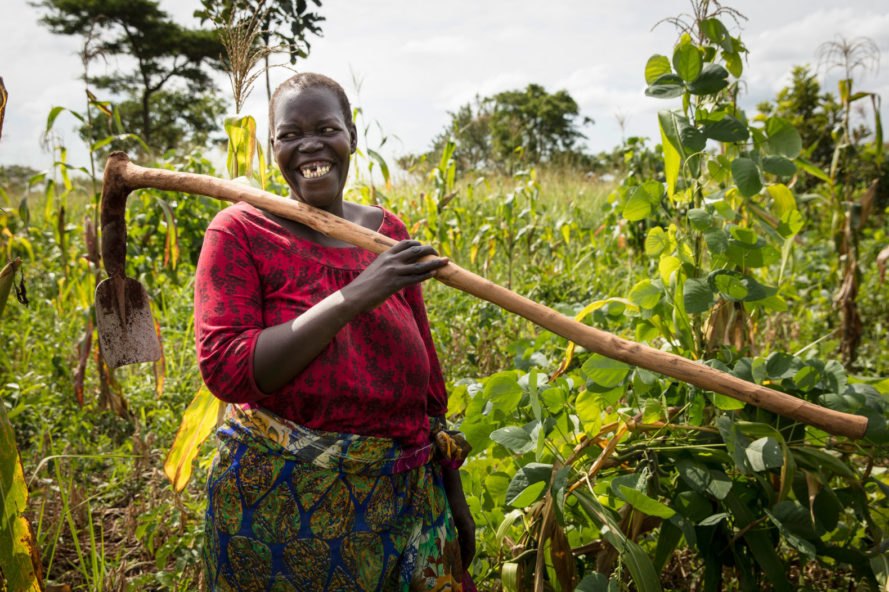

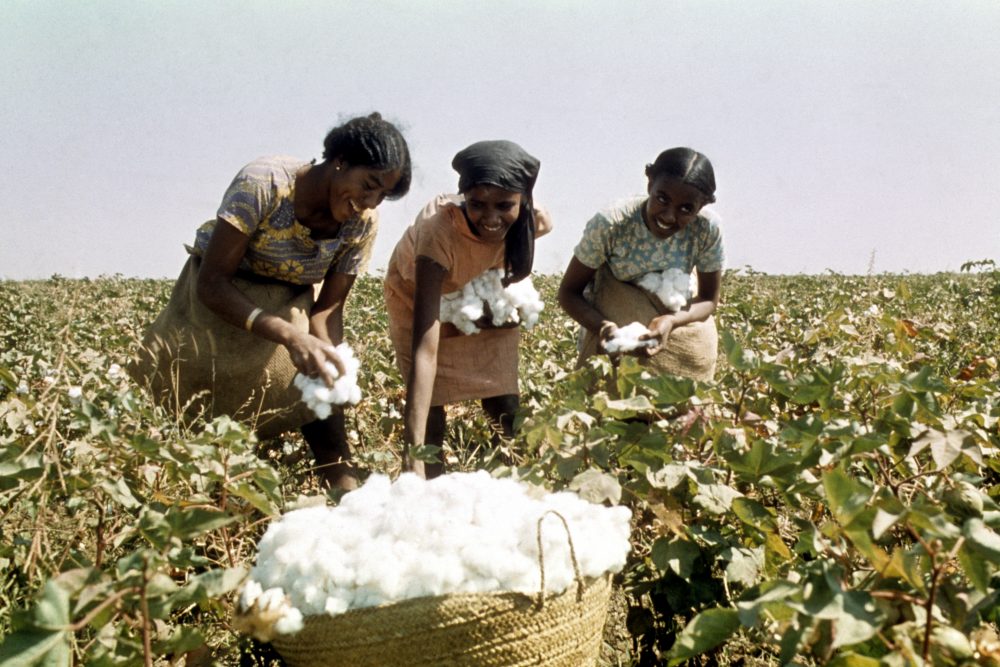
Agriculture accounts for a significant portion of Uganda’s export earnings and gross domestic product, and is the main source of income for most of the adult population. They live mainly in the south, where there is more rain and fertile soil. It is noteworthy that a significant number of women own the land on which they themselves work on it.
Small-scale mixed farming methods prevail, while production methods mainly use elementary technologies. Farmers rely heavily on hand hoes and related tools and also either have limited access to, or, do not use fertilizers and herbicides.
Two important export crops are coffee and cotton. Tea and fruit and vegetable products (including fresh cut flowers) are also grown for export. Food crops include corn (maize), millet, beans, sorghum, cassava, sweet potatoes, cereals, groundnuts, soybeans, and green vegetables such as kale, greens, carrots, onions, tomatoes, and many bell peppers.
Livestock includes cattle, both local and exotic (mainly Frisian), as well as experimental crosses, sheep, goats, pigs, chickens, ducks and turkeys. Livestock raising is encouraged in the western part of the country. The average Ugandan consumes a small amount of meat, mostly in the form of poultry. Dairy is another growing sector in Uganda that produces pasteurized and aged milk, butter, yoghurt and cheese.
(Economy of Uganda, n. d.)
Although Uganda has an adequate supply of timber, exports were banned prior to the adoption of a law regulating the forestry sector. In addition to export problems, domestic use of fuelwood and charcoal is rapidly depleting reserves. The United Nations has tried to revive this sector since the late 1980s. Exports of forest products returned in the mid-1990s, although domestic wood use was not fully controlled.
On the other hand, since lakes and rivers cover almost 20 percent of Uganda’s land area, fishing has significant potential for the country. Foreign investment in fish processing centres, which began in the late 1980s, was initially stalled due to concerns about declining fish stocks which was caused by the existence of water hyacinths on the lakes’ surface. To tackle that, herbicides were used to kill those plants, and as a result, the fish in those affected lakes were indirectly contaminated. Thus, the export of most fish products were put on hold.
However, the bans were later lifted in the early 21st century, and fish products are now the main export commodities of Uganda.
(Economy of Uganda, n. d.)

